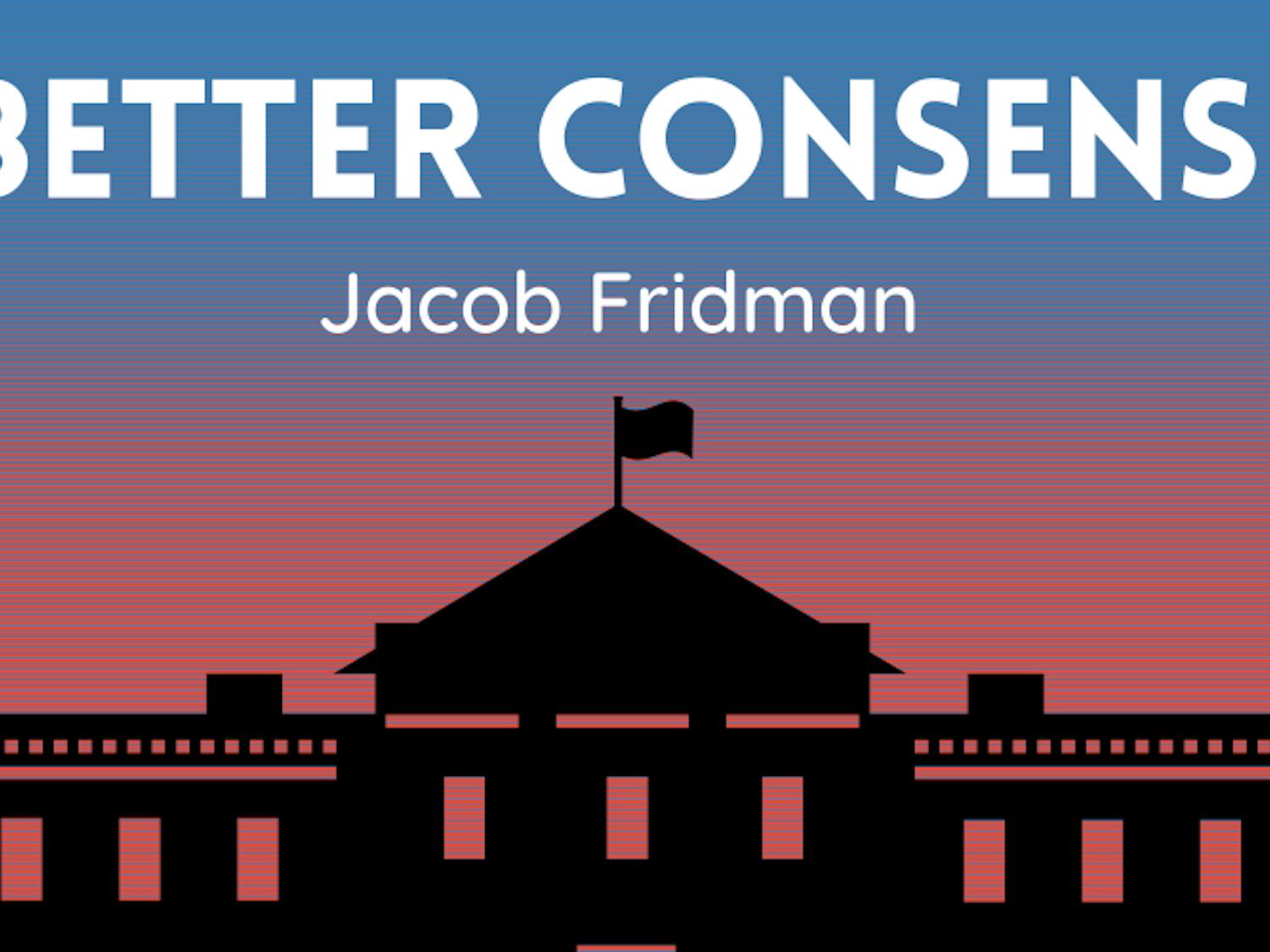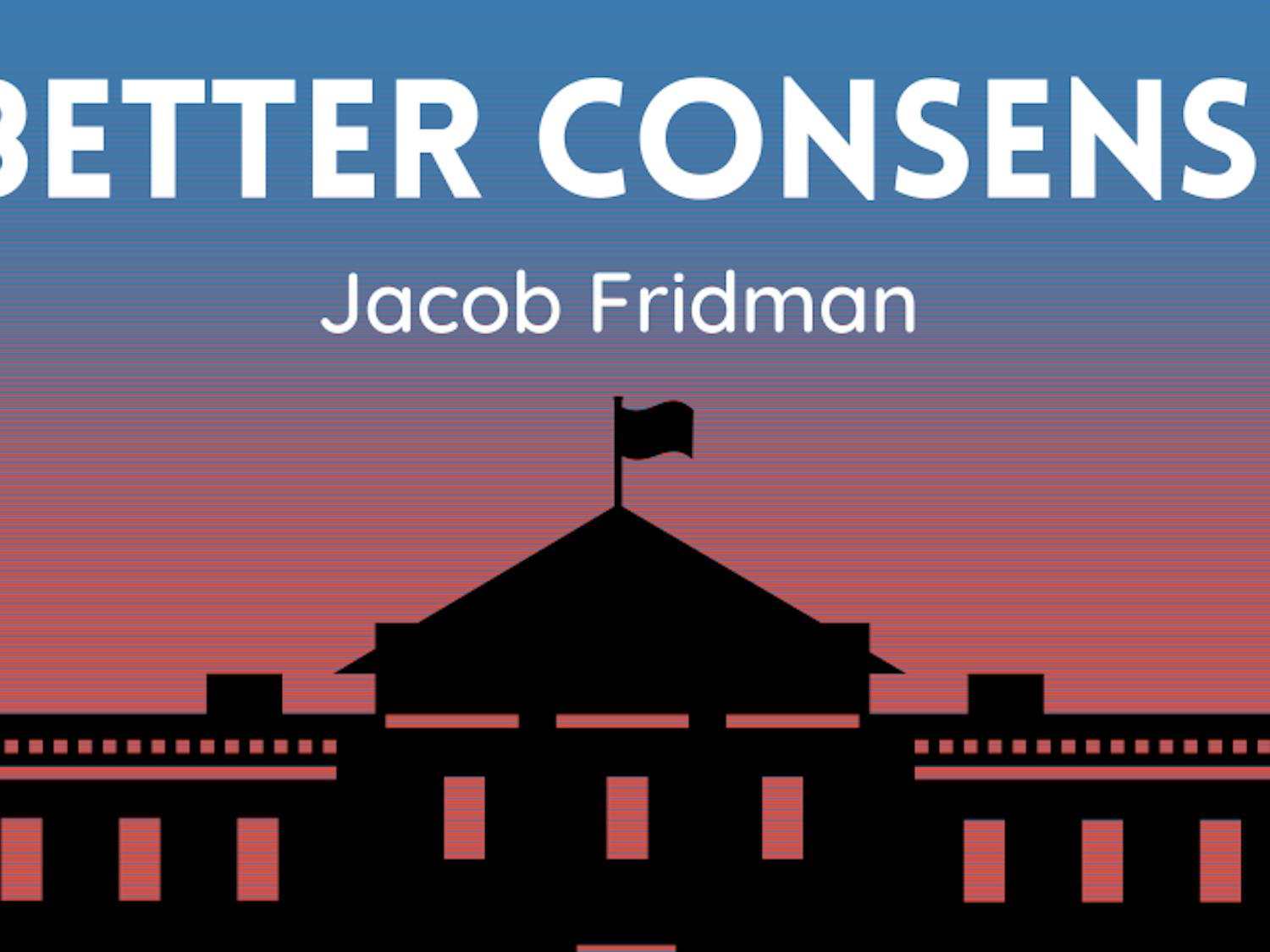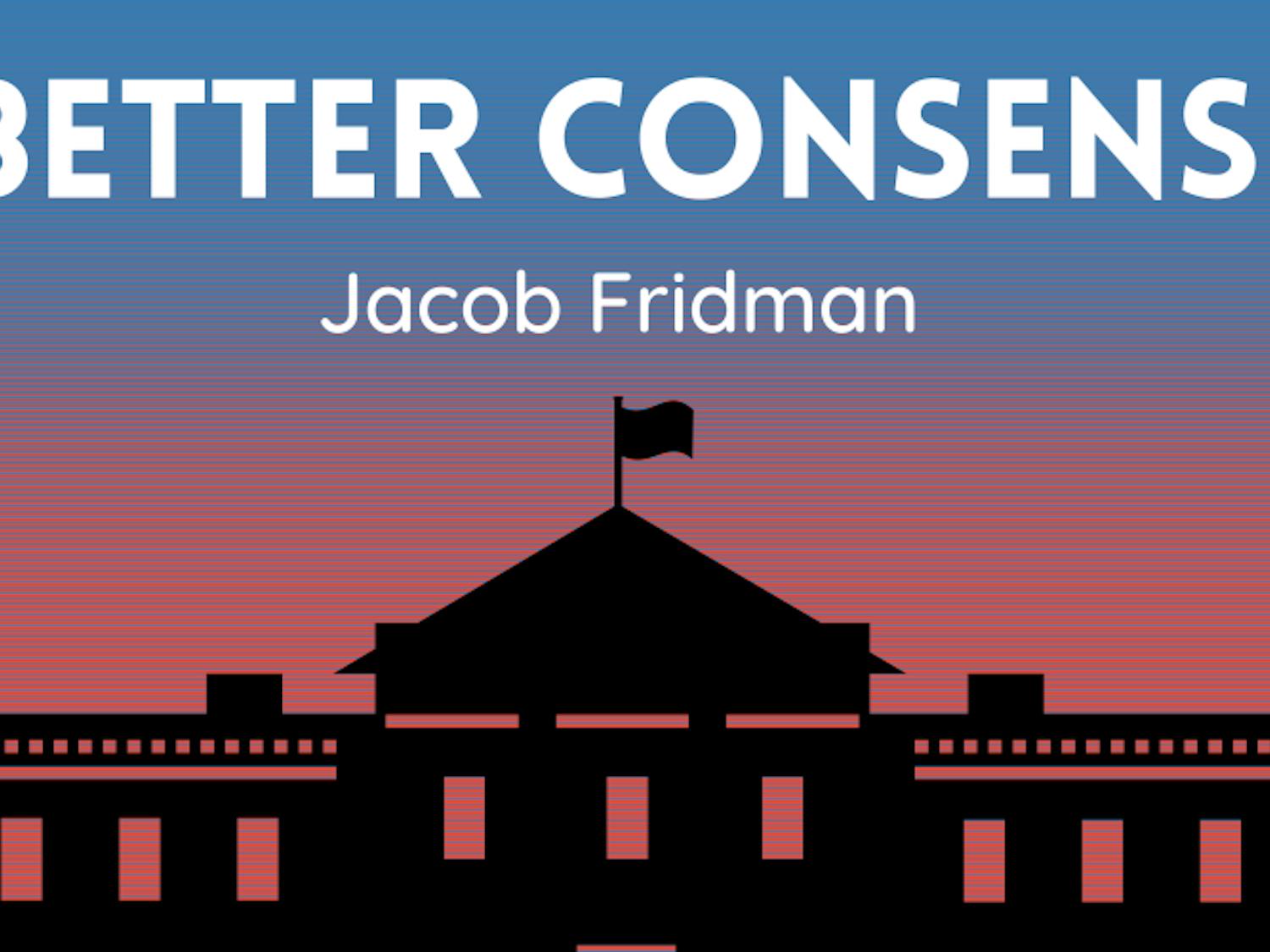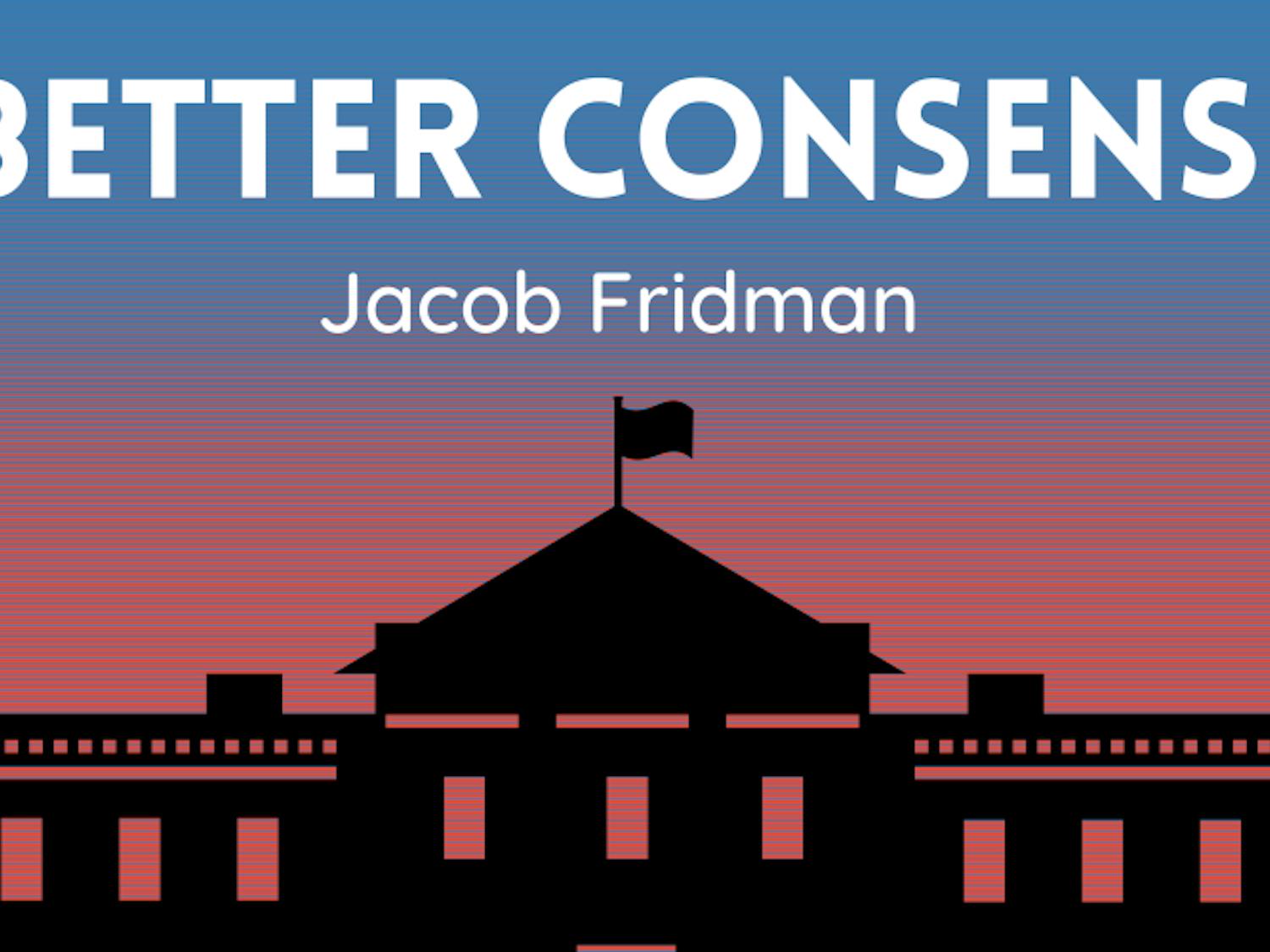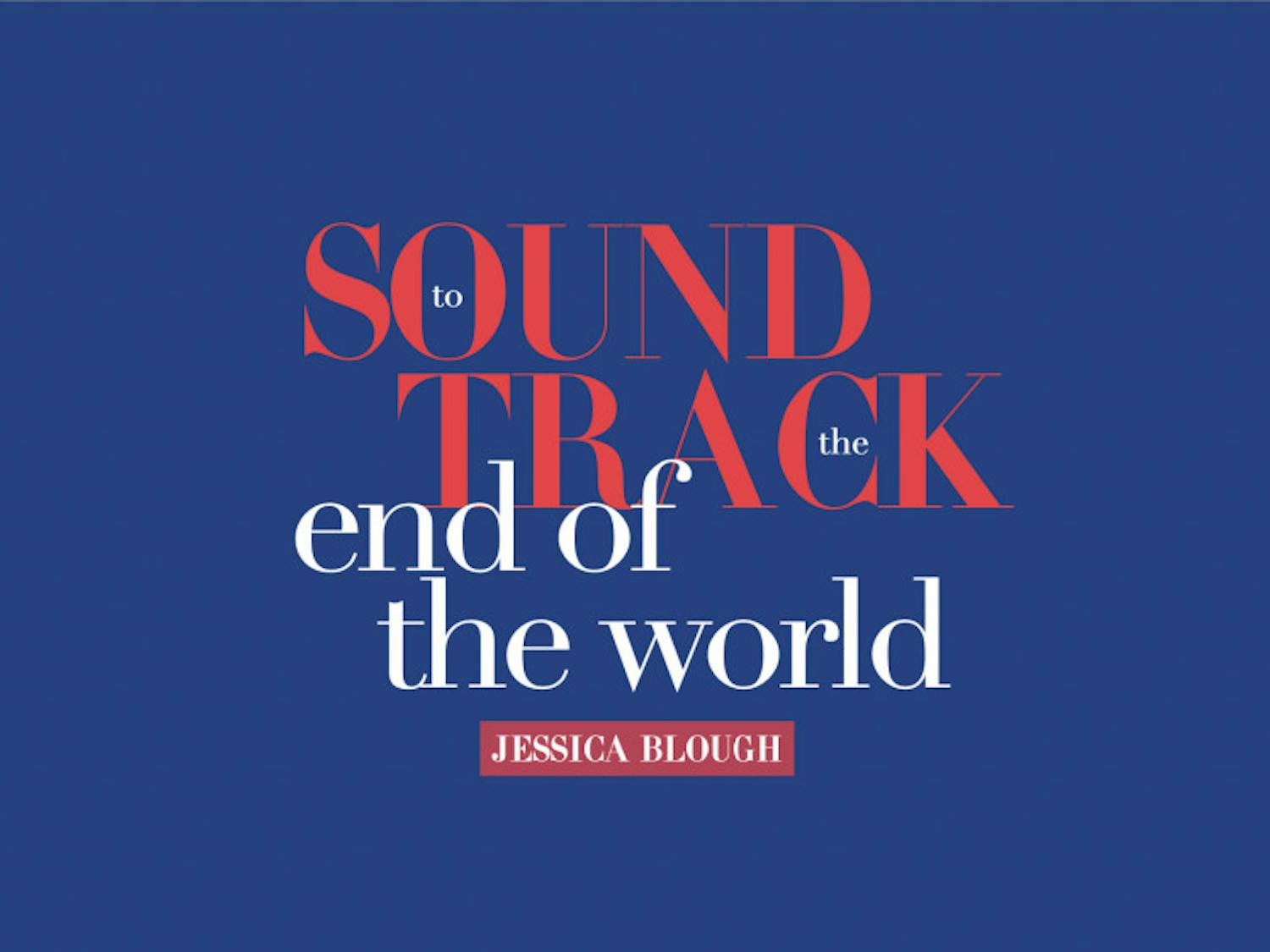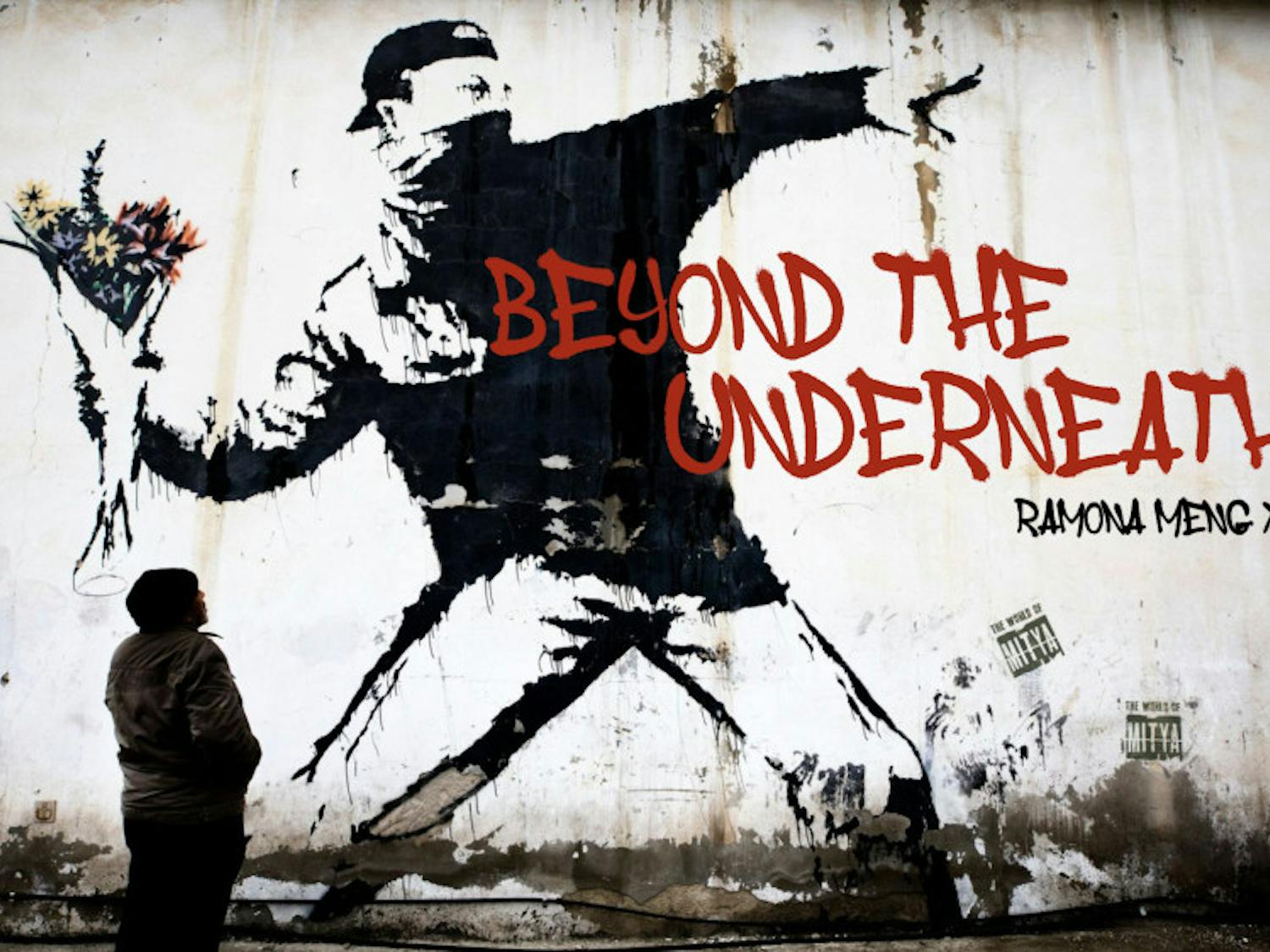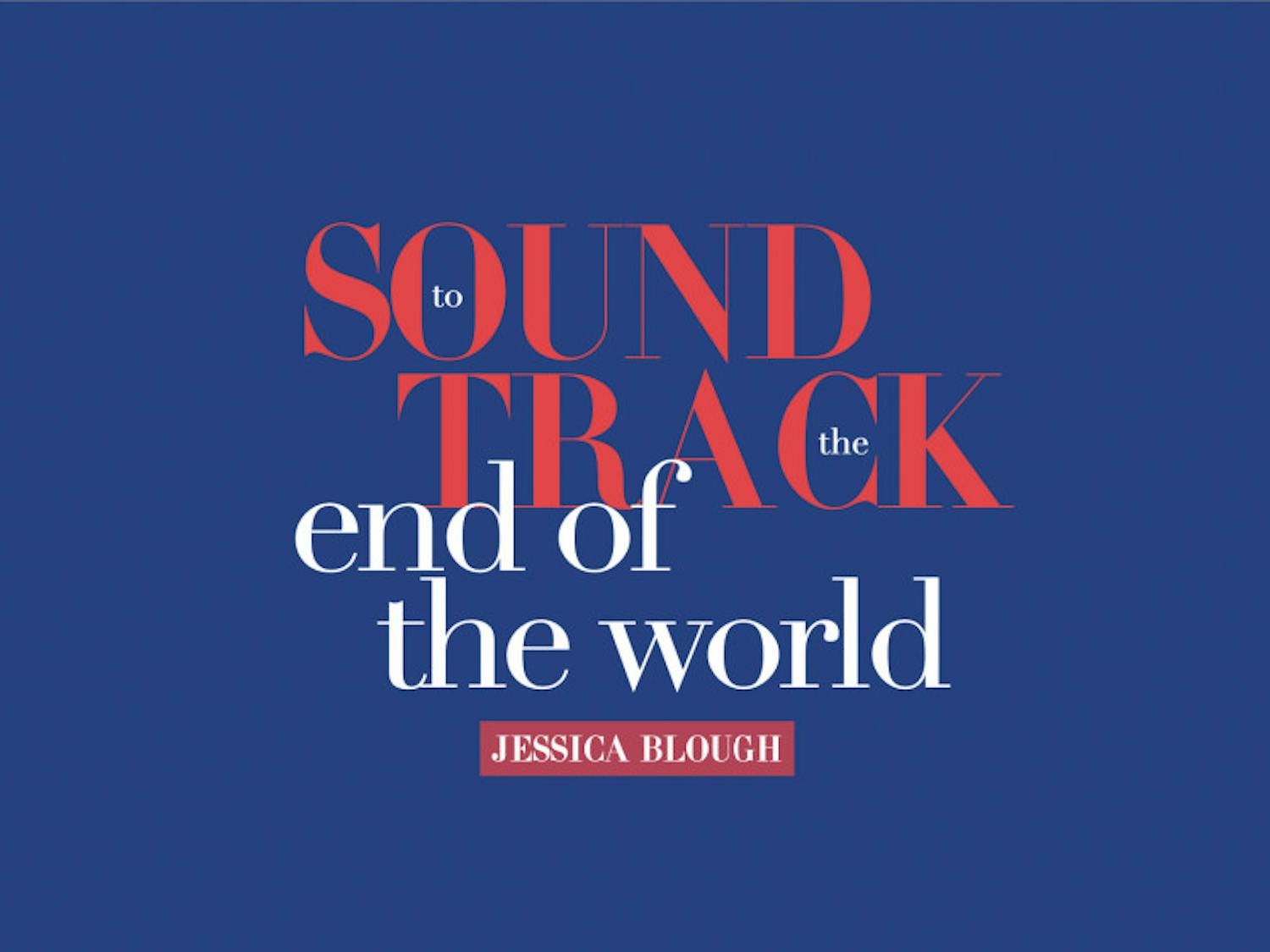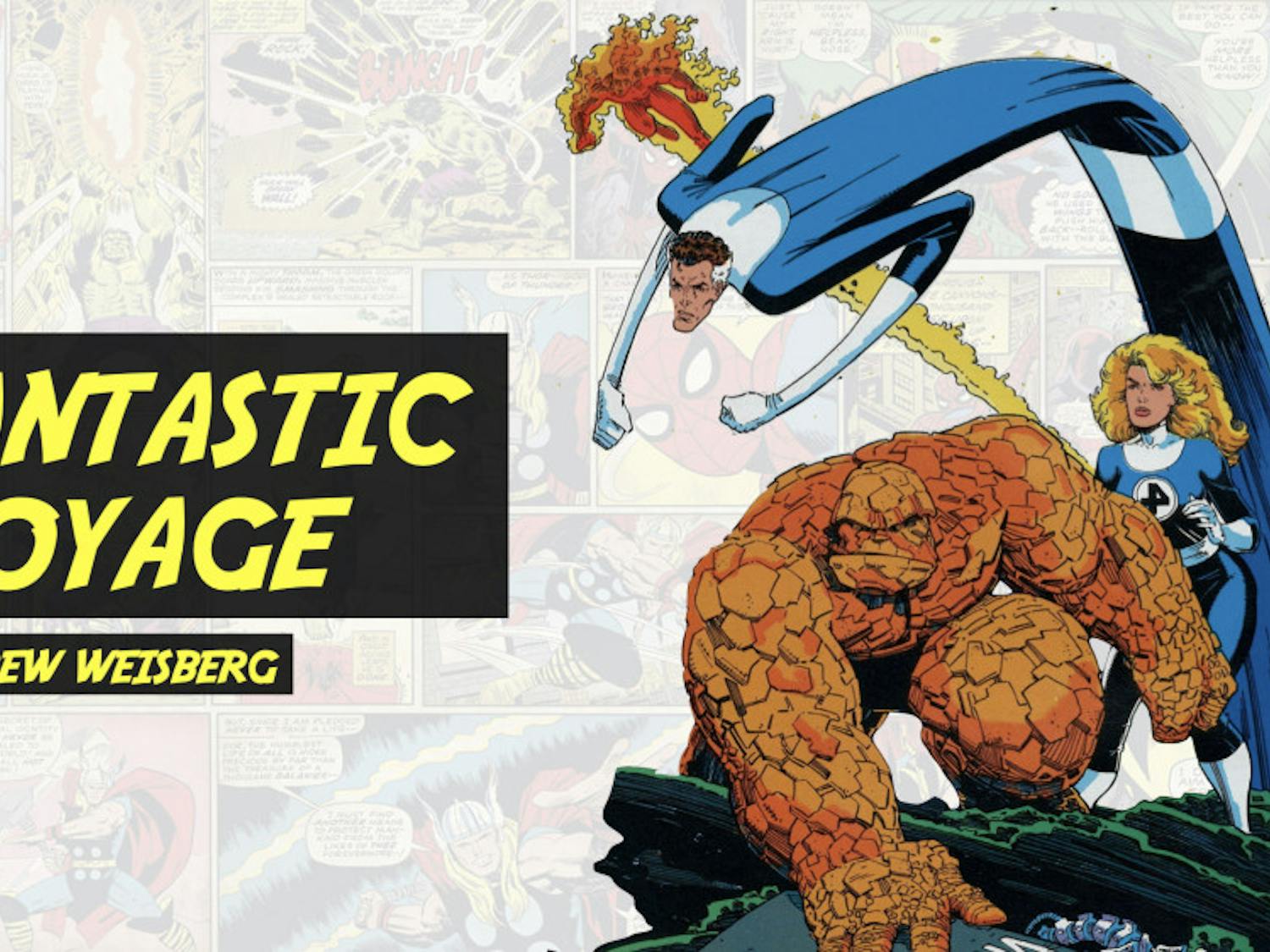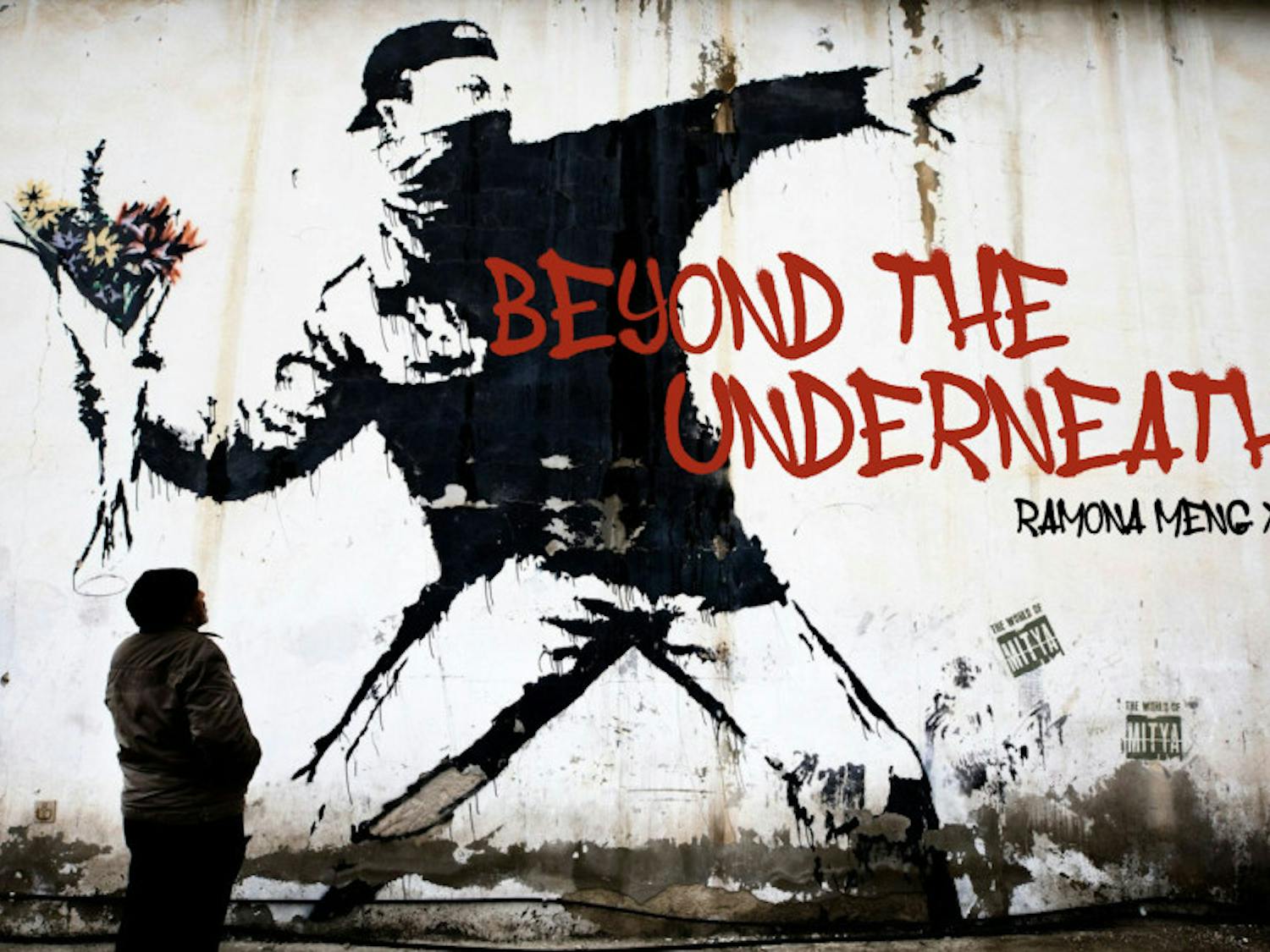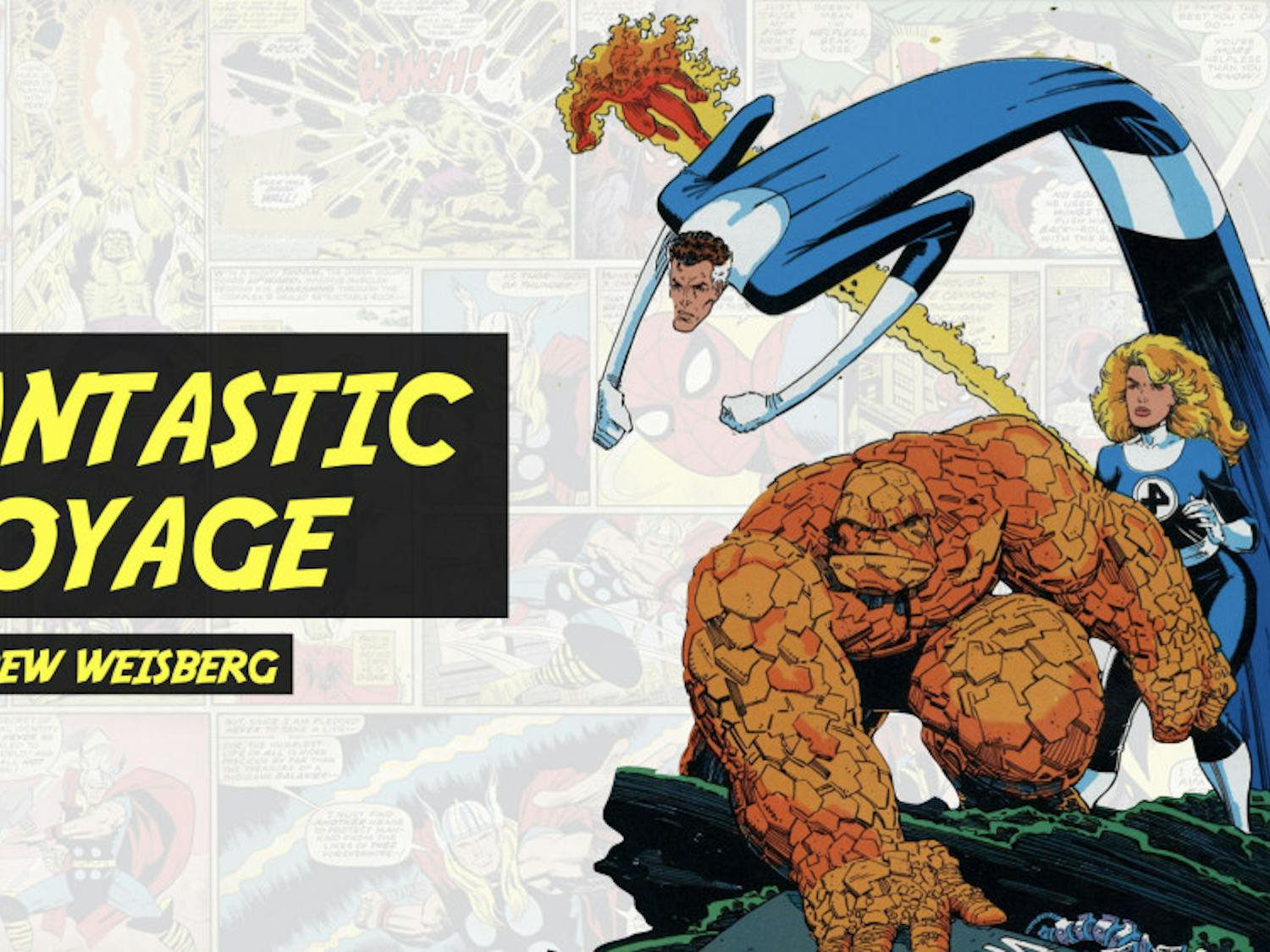The Journey: Autumn
By Elizabeth Buehl | November 1A few days ago, I awoke to a crisp Medford fall morning and heard a rumble from the corner of my dorm room; there’s nothing quite like the annual activation of the heating system to bombard you with thoughts of the upcoming winter. As a native Floridian with only one New England winter under my belt, the anticipation of the coming season is daunting. Even with a closet shoved full of sweaters, jackets, hats, scarves and boots, I know that the changing seasons will inevitably bring a lack of sunshine, more time spent indoors and bone-chilling walks up and down the hill. Although we didn’t have to spend this Halloween with snowfall, as we did last semester, impending below-freezing days loom in our near future.



